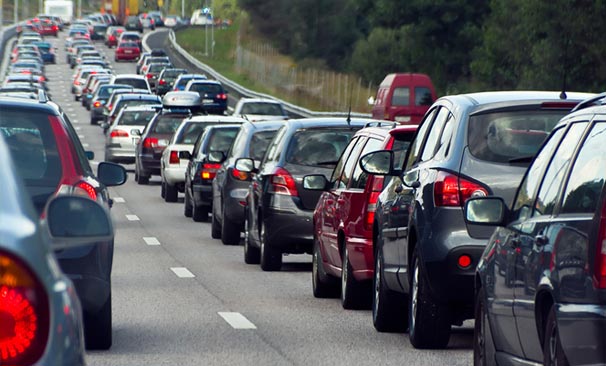The era of the Driving Boom seems to have come to a close; Americans are no longer purchasing vehicles and driving at the same rate they once did. According to the Federal Highway Administration, the annual per-capita Vehicle Miles Traveled (VMT) peaked in 2004, and has declined steadily since then. This is a phenomenon known as “peak car”, a point at which new-car sales stop increasing, and experts predict this will occur within the next decade.
Researchers in part, attribute peak car to the increase availability of transportation alternatives to the car. In fact, a study by Alix Partners found that car-sharing services such as ZipCar and Car2Go have eliminated a total of 500,000 new car sales. Moreover, those who live in urban areas tend to have better access to public transit today, and are also biking and walking more than in years past.
In addition, the advent of telecommuting and the advances in communication technology all over the world have made it possible for people to work from home and stay in touch with the rest of the world. Environmental awareness, moreover, and the high cost of ownership is another often cited issue that points toward the decline in car sales.
Whatever the reason, the national trend points toward a continuing decline in car ownership and VMT in the coming years, increasing clean modes of transportation, ultimately contributing to a decrease in petroleum use and create a better quality of life for all. To read the full article from Green Car Reports, click here.

